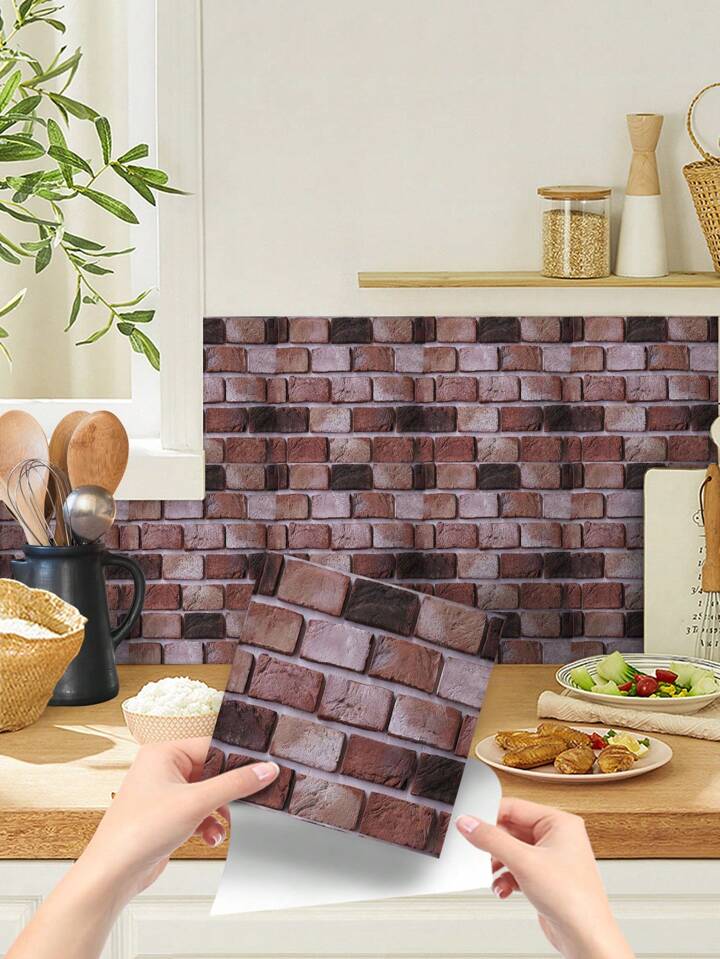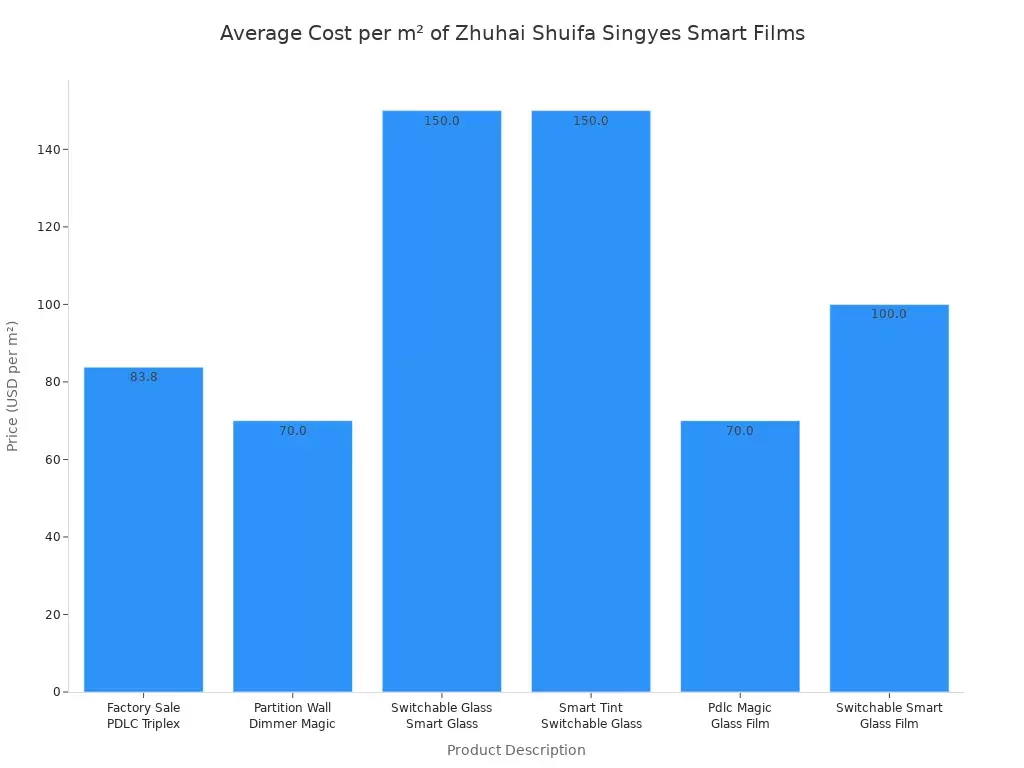Exploring Sustainable Alternatives for Wall Construction

In the realm of construction, the traditional methods of wall construction have long been dominant. However, with the growing concerns over environmental sustainability and the need for more efficient and cost-effective solutions, alternative approaches have emerged. This article delves into the world of alternative wall construction methods, exploring innovative techniques that offer both practicality and sustainability.
- Rammed Earth Construction:
Rammed earth construction is an ancient technique that has gained renewed interest in recent years. It involves compacting a mixture of earth, gravel, and stabilizers into formwork to create load-bearing walls. This method offers excellent thermal insulation, durability, and low maintenance requirements. Additionally, it utilizes locally available materials, reducing transportation costs and environmental impact. - Straw Bale Construction:
Straw bale construction utilizes bales of straw as the primary building material for walls. These bales are stacked and secured with a plaster or stucco finish. This method provides excellent insulation properties, high energy efficiency, and a reduced carbon footprint. Straw bale construction also promotes the use of agricultural waste, making it a sustainable and cost-effective alternative. - Hempcrete:
Hempcrete is a bio-composite material made from the inner woody core of the hemp plant, combined with a lime-based binder. This lightweight and breathable material offers excellent thermal insulation, fire resistance, and acoustic properties. Hempcrete is also carbon-negative, as the hemp plant absorbs more carbon dioxide during growth than is emitted during production. Its versatility and sustainability make it an attractive alternative for wall construction. - Insulated Concrete Forms (ICFs):
ICFs are prefabricated forms made of expanded polystyrene (EPS) or other insulating materials. These forms are stacked and filled with concrete, creating a solid and energy-efficient wall system. ICFs provide superior insulation, soundproofing, and resistance to natural disasters. Moreover, they reduce construction time and waste, making them a popular choice for sustainable construction projects. - Modular Wall Systems:
Modular wall systems involve the use of pre-fabricated panels or blocks that can be easily assembled on-site. These systems offer flexibility, allowing for quick installation and future modifications. They often incorporate sustainable materials such as recycled steel, timber, or composite materials. Modular wall systems provide efficient insulation, structural integrity, and can be customized to meet specific design requirements.
Conclusion:
As the construction industry continues to evolve, alternative wall construction methods offer promising solutions for sustainable and efficient building practices. From rammed earth and straw bale construction to hempcrete, ICFs, and modular wall systems, each approach presents unique advantages in terms of environmental impact, energy efficiency, and cost-effectiveness. Embracing these alternatives not only reduces our carbon footprint but also promotes a more sustainable future for the construction industry.



